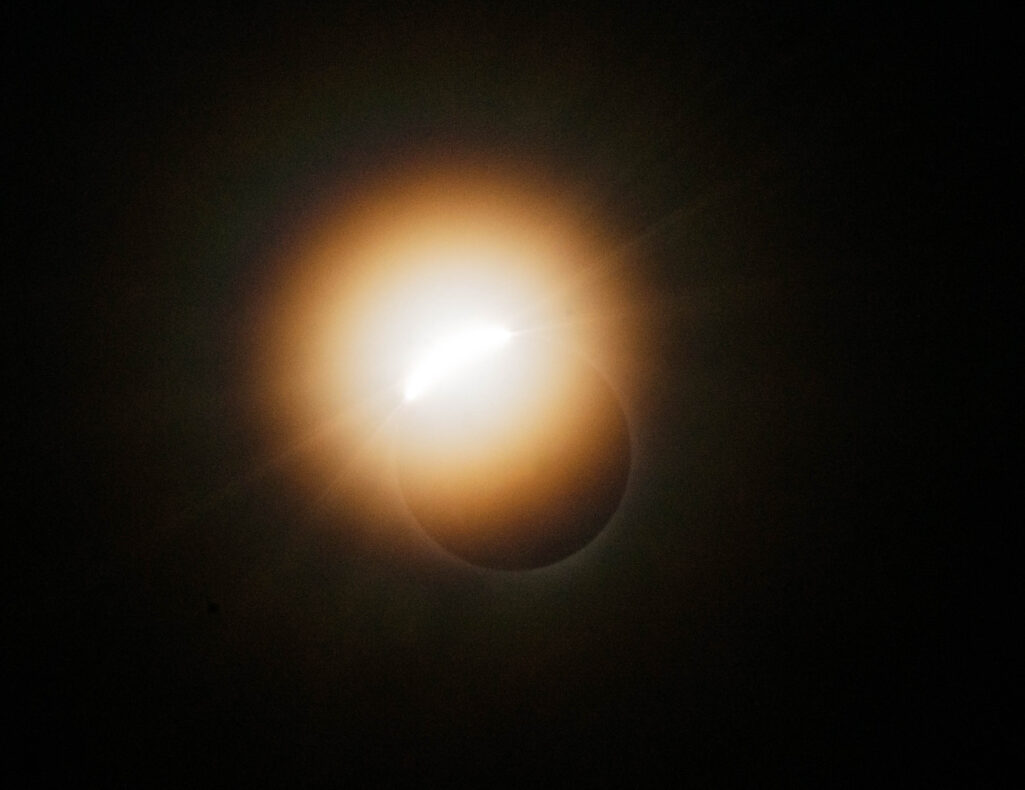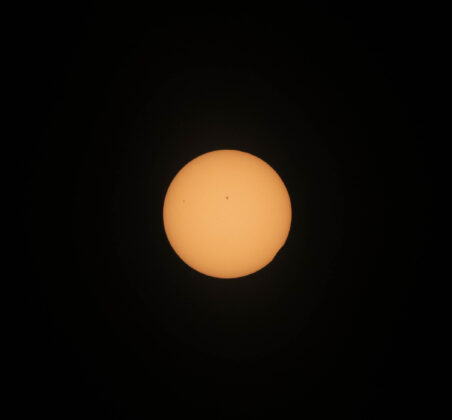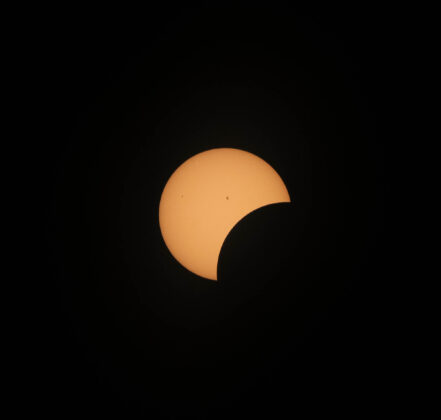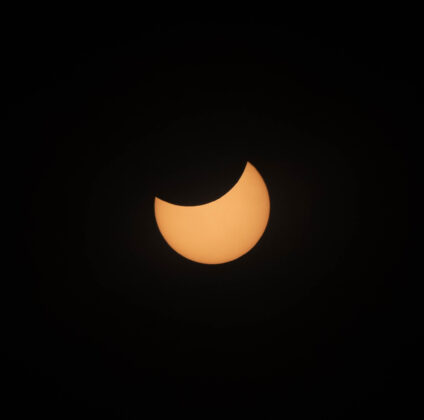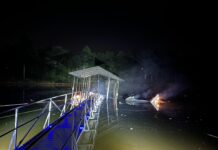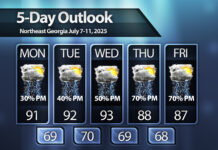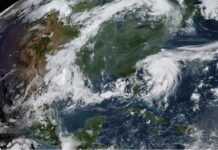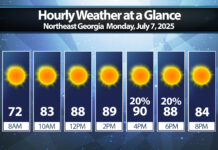
Four days ago I had no clue where I was going to watch the eclipse.
Weather forecasts were scattered and varied at best, and the entire path looked to be under threat of cloud cover. My original plan had been Gatesville, TX which then changed to Eerie, PA. I finally settled on Southern Illinois sometime on Thursday, but now I had to make plans.
Fortunately for me an old professor of mine from the University of North Georgia, Dr. Joseph Jones, was going to be heading to about the same area. We crashed at a friends house just outside St. Louis on Sunday evening and my day started at 5 a.m. to catch the second total eclipse of my life.
A two-hour drive took us to the small town of Herrin, IL. The sign entering the town boasts a population of 12,202. That’s not bad, but it’s significantly smaller than the nearby Carbondale and Marion areas. They may not have a lot of people, but they do have an absolutely beautiful city park, which is where we set up for the day.

The eclipse began at our location at 12:43 p.m., with the moon taking a tiny bite out of the sun. For the next 1 hour and 6 minutes, it would slowly eat away until just a crescent was left. Finally, at 1:59 p.m., the sun would be swallowed. While waiting, we enjoyed seeing the crescent shadows in a colander a nearby fellow eclipse chaser had brought.
The time just before totality is my favorite part of the eclipse. The Diamond Ring Effect is easily the most beautiful thing in the natural world, and getting to see it is certainly a treat. Just as the last bit of sunlight feeds through the valleys on the moon, you see what looks like a giant ring in the sky. The image below was my attempt this time around. A lens issue resulted in the flaring, but it really highlights how bright that single pinpoint of sunlight is.
After that, the ever-beautiful corona came out. Spiraling and pointing outwards in all directions, this beautiful part of the sun’s atmosphere is only visible to those in the shadow of a solar eclipse. It is constantly changing as the magnetic fields whip around the sun. This time, it appeared to have many spikes.
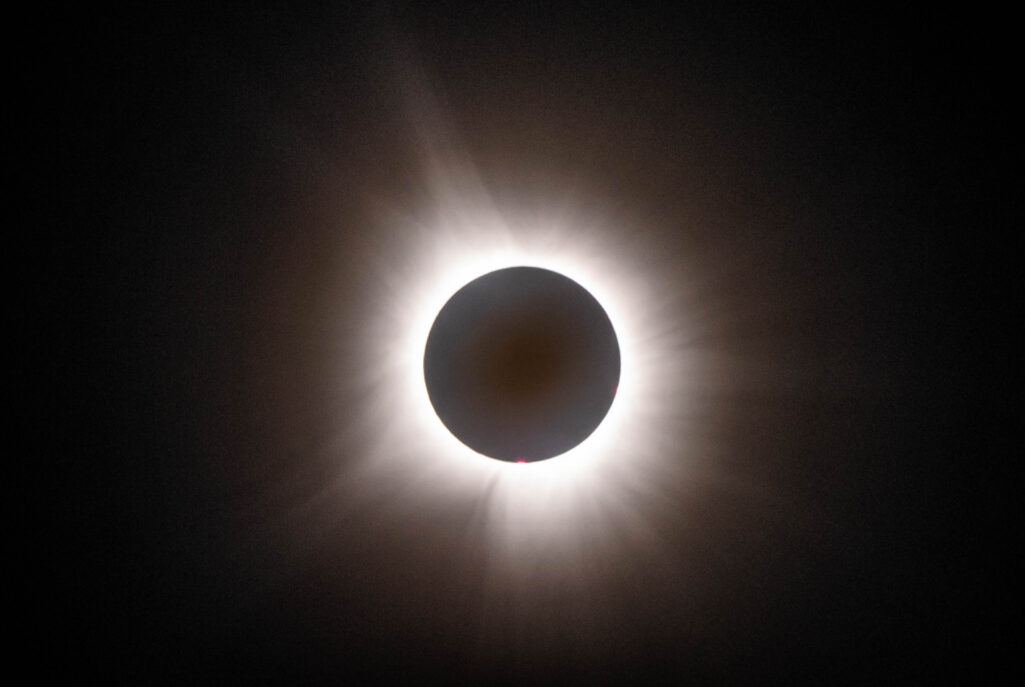
A large solar prominence was also visible on the very bottom of the sun. With the crowd whooping and yelling around me I snapped some photos and made sure to take time to really take it in. Unlike in 2017, when we had only around 90 seconds of totality, this time I was treated to a whopping 4 minutes and 8.2 seconds. This left plenty of time to observe Venus and Jupiter, the beautiful corona, and the surrounding 360º twilight that was ongoing along the horizon.
Those 4 minutes flew by, though, and soon the sun was reappearing at a rapid pace, with the moon to be once again invisible just a bit over 1 hour later.
The images below are a gallery of the eclipse’s partial phases from start to finish.
I will share more about this experience, along with more photos and videos, in the coming days as I have time to process all of them after arriving home.
I’m already excited about the next major US eclipse in 2045. Unfortunately, we’ve got a couple of decades to wait.


